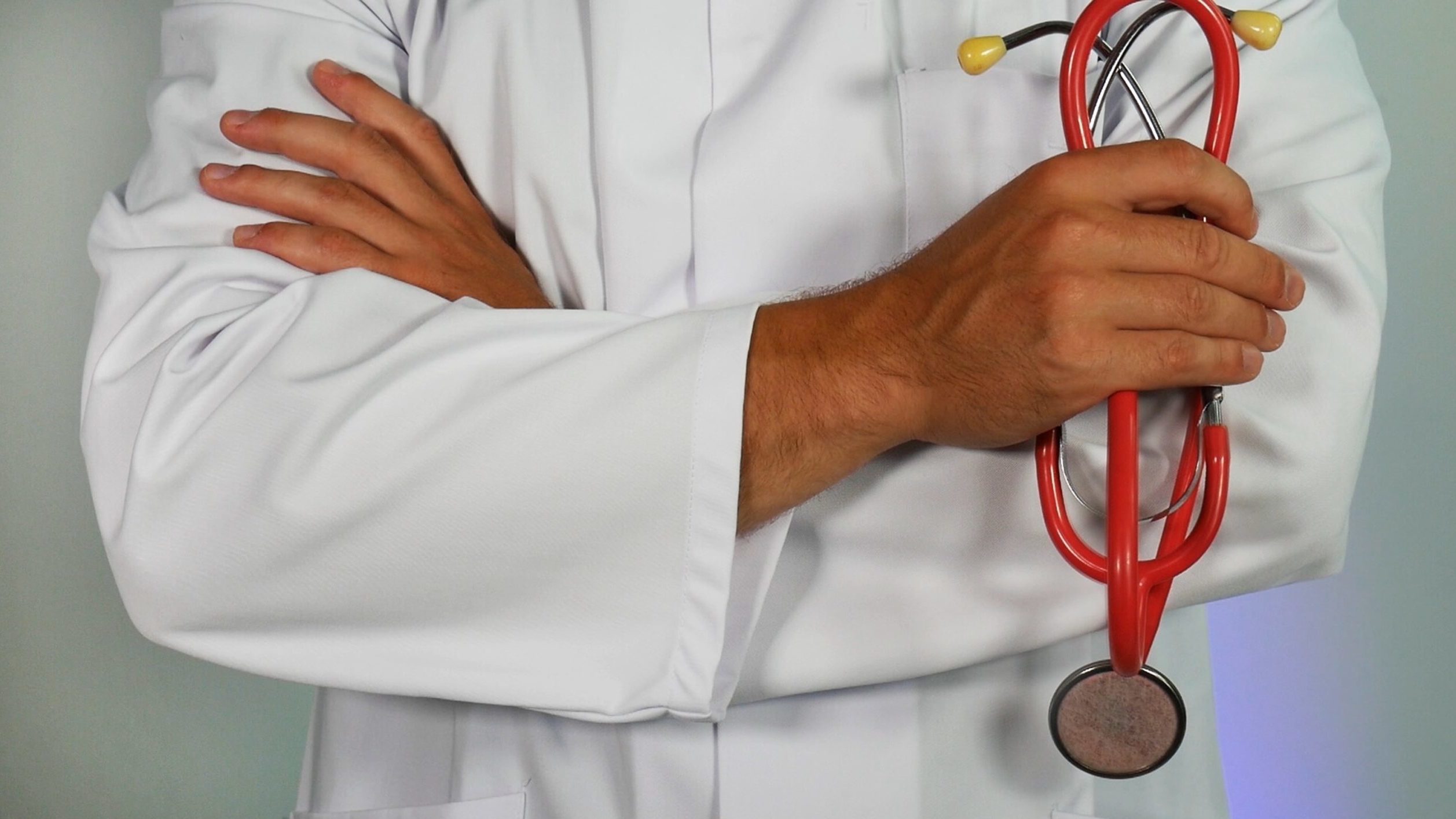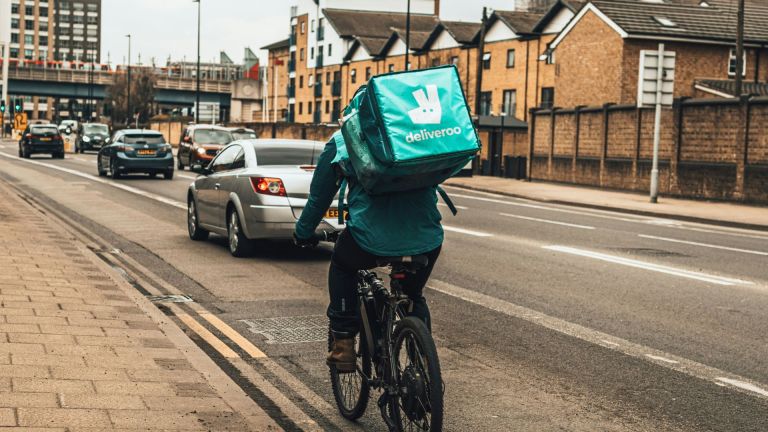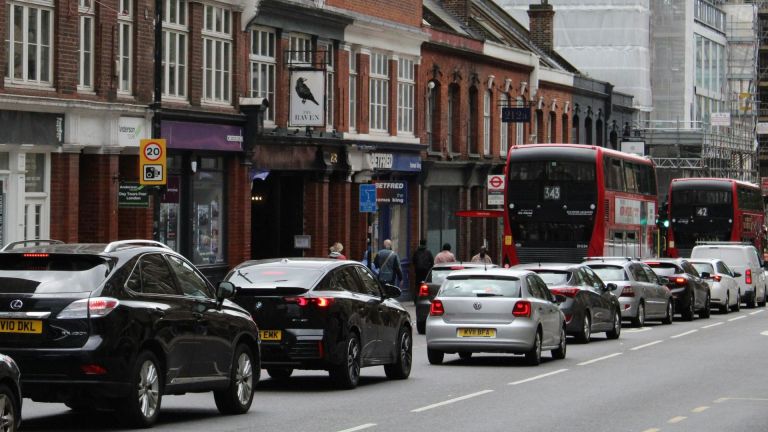Your support changes lives. Find out how you can help us help more people by signing up for a subscription
GPs don’t just see patients, they write referral letters, interpret blood test results and scan results. They read hospital letters, manage prescriptions, answer patient queries. What patients see is usually the tip of the iceberg. The work goes on long after the building is shut.
Yet even as I worked longer and longer into the night I was being abused in the press by journalists – but also by patients, by MPs, by government ministers, by the CEO of NHS England, and accused of hiding and doing nothing.
After a couple of years at this level of workload, I had become essentially a recluse, barely seeing my family, constantly feeling under pressure to do more, to prove the critics wrong. There had been an insidious slide into feeling not good enough, that I was making not only no difference, but a negative one. That I could never, would never, be enough.
Get the latest news and insight into how the Big Issue magazine is made by signing up for the Inside Big Issue newsletter
When driving home late at night, and sometimes the small hours of the next morning, I would fantasise about driving into a parked car. Wouldn’t hurt anyone else. Maybe I’d be injured enough that I’d have to have some time off. Then I began to want to do it, having to force myself not to veer. But I kept going, kept doing the long hours.
Advertising helps fund Big Issue’s mission to end poverty
There were occasions where things would be so bad I’d spend the night awake thinking about how I could kill myself whilst causing the least harm to those around me.
Still, I kept going until finally, one day, I broke. I couldn’t stop shaking. I couldn’t stop crying. I couldn’t function, could barely speak. Asked to do the washing up, I stared at the sink, unable to comprehend how to fill it with water. I was completely broken.
My parents, nearly 70, babysat me and kept me safe. I could cope with getting up, taking my child to and from school, hiding the worst from them. But aside from that, I would sit, staring at nothing if left alone.
The pain was unimaginable. It should not be agonising to continue to exist.
My GP was lovely and supportive. I started medication. I paid for counselling because the wait on the NHS was too long. The wait on the NHS staff service was too long. It was subsidised by the BMA but was still £95 an hour. I had to pay for something to fix the damage that, ironically, free at the point of need healthcare had done to me.
Slowly, I could function again. I stopped shaking, stopped crying, could do the washing up. I went back after three months. It wasn’t long enough off really. And my recovery has been slowed as a result. But I could not leave it any longer – the reality was that every week I was off, a colleague was getting closer to the same fate I had endured. I wouldn’t wish it on anyone.
Advertising helps fund Big Issue’s mission to end poverty
Seven months on from my crisis point, what has changed? The waiting lists continue to grow. There is now a cost of living crisis, which has resulted in more patients going hungry, more below the poverty line, more living in freezing conditions.
The NHS reaps the rewards of the government’s policies which have led us here. People waiting longer for planned treatment end up in A&E at a crisis point of their own. Ill-health due to the policy of austerity, now in its second decade, provides us with more demand and sicker patients.
Real terms pay cuts affecting NHS doctors to the tune of 25 to 30 per cent over 12 years have resulted in them leaving for better pay and work-life balance abroad. Worsening work conditions have forced out a further tranche, and burn-out threatens to remove even more. Nurses and ambulance workers have taken the unprecedented step of striking such is the desperation, and junior doctors look set to follow.
We have been warning of the impending disaster since before Covid, but no one listened. They are not listening now either. Even the opposition prefers soundbites over unpalatable truths. To blame hard-working, demoralised NHS staff rather than address the hard facts.
If I won the lottery tomorrow I’d leave the NHS in a heartbeat. It’s had more than its pound of flesh. It’s nearly killed me.
This piece was written by a senior doctor in the north-west of England.
Advertising helps fund Big Issue’s mission to end poverty
Get help if you are struggling. Call Samaritans for free on 116 123, email jo@samaritans.org or visit www.samaritans.org for useful resources and advice on coping during this difficult time.










